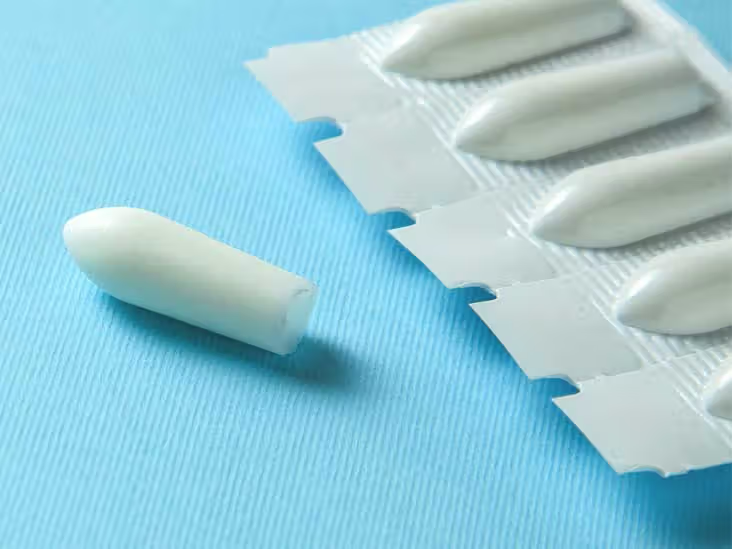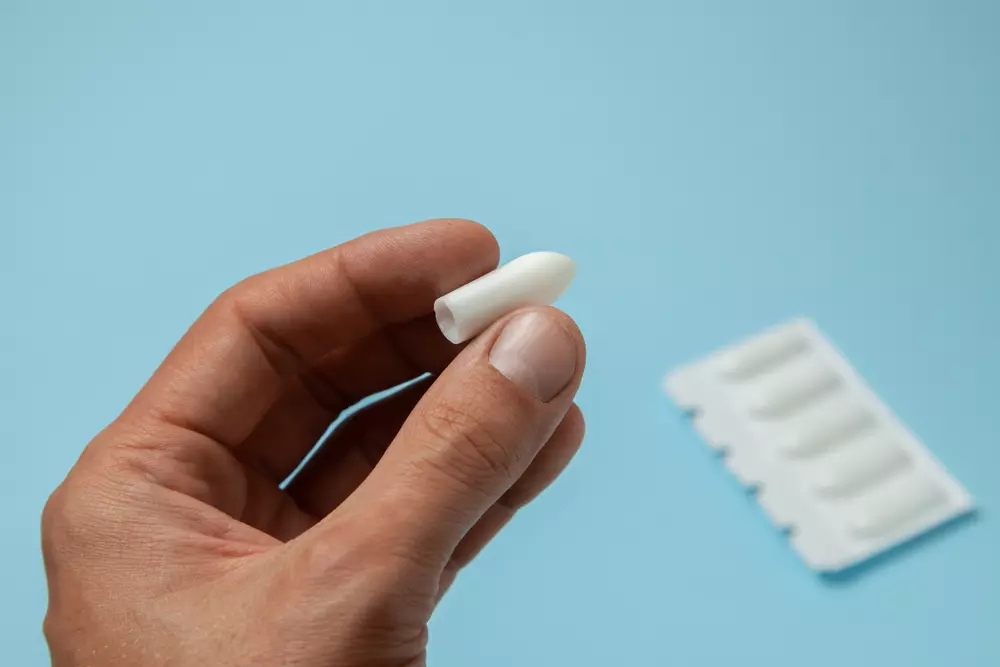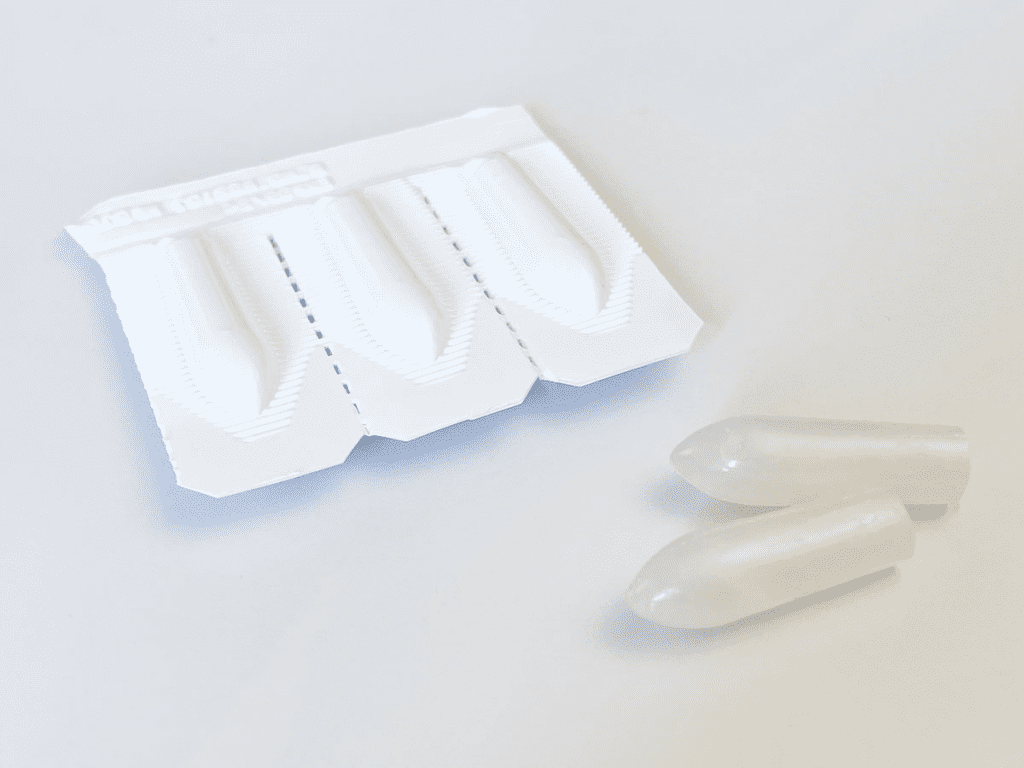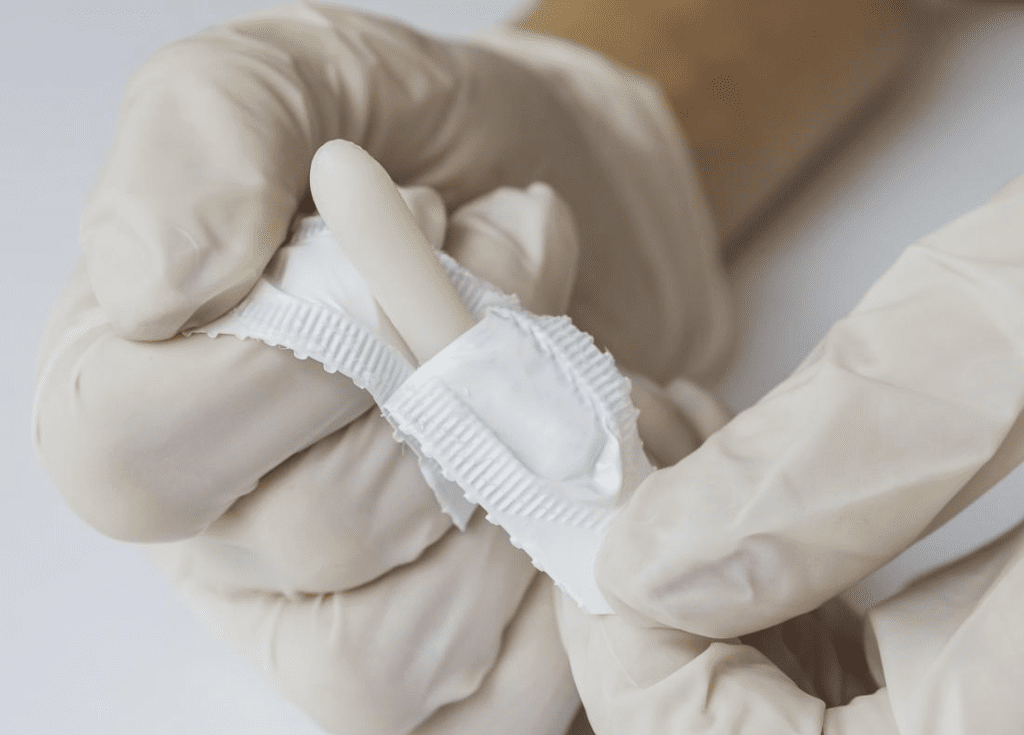When it comes to medicine, there are multiple ways to get the treatment your body needs. While pills, liquids, and injections are commonly known, suppositories offer a unique and effective alternative, especially when traditional methods aren’t suitable. In this comprehensive guide, we’ll dive deep into what suppositories are, the conditions they treat, and how to use them properly.

What Are Suppositories?
Suppositories are small, often bullet-shaped, medicated forms designed for insertion into the body, where they dissolve and deliver their active ingredients. The method of administration might seem unusual, but it’s incredibly effective for certain conditions and medications.
Why Choose Suppositories?
Sometimes, taking medicine orally isn’t the best option. Suppositories come in handy for several reasons:
Rapid Absorption: Medications delivered via suppositories can enter the bloodstream quickly, providing faster relief.
Avoiding the Digestive System: If a drug would break down too rapidly in the stomach, suppositories can bypass this problem.
For Those Who Can’t Swallow Pills: Whether due to illness, age, or personal preference, suppositories offer an alternative for those who struggle with oral medications.
Localized Treatment: Certain conditions require medication to be delivered directly to the affected area, something suppositories can achieve.
Types of Suppositories
Suppositories come in several forms, each tailored to specific treatment needs:
Rectal Suppositories: Commonly used to treat conditions like constipation, hemorrhoids, or even nausea and fever.
Vaginal Suppositories: Used primarily for infections, vaginal dryness, or even birth control.
Urethral Suppositories: Rare but essential for treating certain conditions like erectile dysfunction.

Conditions Treated with Suppositories
Suppositories can be used to treat a wide range of conditions, including:
Allergies and Anxiety: For those who need rapid relief but cannot take oral medication.
Constipation: A common use for rectal suppositories, providing quick relief.
Hemorrhoids: Rectal suppositories can deliver medications directly to the affected area.
Infections: Vaginal suppositories are highly effective in treating bacterial and fungal infections.
Erectile Dysfunction: Urethral suppositories like MUSE help deliver medication directly to where it’s needed.
How to Use Suppositories: A Step-by-Step Guide
Using a suppository might seem daunting, but with the right approach, it’s straightforward. Here’s how to do it for each type:

Rectal Suppositories:
- Preparation: Try to empty your colon first.
- Hygiene: Wash your hands thoroughly with soap and warm water.
- Unwrap the Suppository: Ensure it’s ready for use.
- Lubricate: Apply a water-based lubricant to the tip.
- Position: Stand with one leg on a chair or lie on your side.
- Insertion: Gently insert the suppository, tapered end first, about an inch into the rectum.
- Rest: Stay still for about 15 minutes to let it dissolve.
- Clean Up: Wash your hands again.
Vaginal Suppositories:
- Hygiene: Start by washing your hands.
- Unwrap and Prepare: Place the suppository in an applicator if needed.
- Positioning: Lie on your back with knees bent or stand with knees slightly apart.
- Insertion: Gently insert the applicator as far as comfortable.
- Release: Push the plunger to place the suppository.
- Rest: Lie down for a few minutes.
- Hygiene: Wash hands again after the process.
Urethral Suppositories:
- Preparation: Empty your bladder first.
- Applicator Ready: Remove the cover from the applicator.
- Stretch and Insert: Gently stretch the penis and insert the applicator into the urethra.
- Release the Medication: Press the applicator button.
- Massage: Massage the area to help with absorption.
Common Issues and How to Solve Them

While suppositories are generally safe, they’re not without their challenges:
Leakage: Sometimes the medication can leak out before fully absorbing.
Irritation: The insertion site might become irritated.
Incomplete Absorption: The body might not absorb the medication as efficiently as with other methods.
When to Avoid Suppositories
It’s essential to consult a doctor before using suppositories if you have:
Recent Rectal Surgery: This could complicate the use of rectal suppositories.
Prostate Surgery in Men: Urethral suppositories might not be suitable.
Surgery or Radiation in Vaginal Area: Women who’ve undergone these treatments should be cautious.
Conclusion
Suppositories offer a versatile and effective way to administer medication, especially when other methods aren’t feasible. By understanding the types of suppositories, how to use them, and the conditions they treat, you can take full advantage of this often-overlooked treatment option.


